These Self Charging Hybrid Cars Are Perfect For Pre Bruno Mars Concert Traffic
Striking the hybrid middle ground might just make your commute a whole lot more fuss free.


If you have no intention to jump on the EV bandwagon anytime soon, chances are that there are concerns revolving around range, charging facilities, price (in Singapore’s context) and reliability. While these will only improve over time, cars to most of us need to serve our immediate needs. Practical, fuss free, easy to drive - these spring to mind when we need one that can withstand any form of beating.
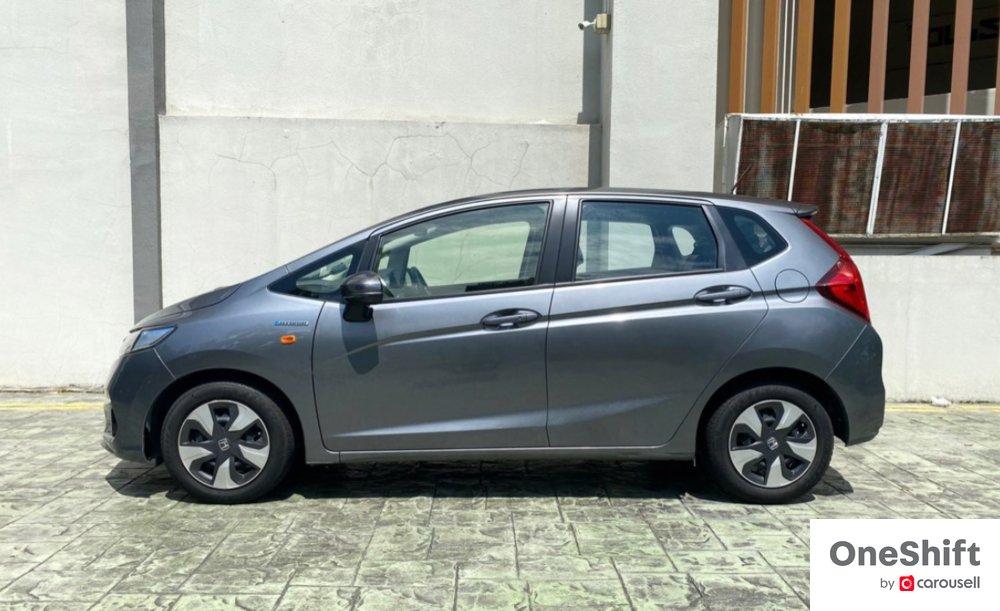
How many types of hybrid cars are there?
Hybrids have come a long way, and they are generally categorised to three major types - mild hybrid, full hybrid and plug-in hybrid. Mild hybrids rely on the internal combustion engine the most with the small-ish battery aiding in tasks like an initial spurt of acceleration, cruising and HVAC (heating, ventilation and air con) assistance. Full (or self-charging) hybrids have a larger battery, and they share more work with the engine. They are more fuel efficient than mild hybrids, but less than plug-in hybrids (PHEVs), which require an external power source for the much larger battery to be charged.
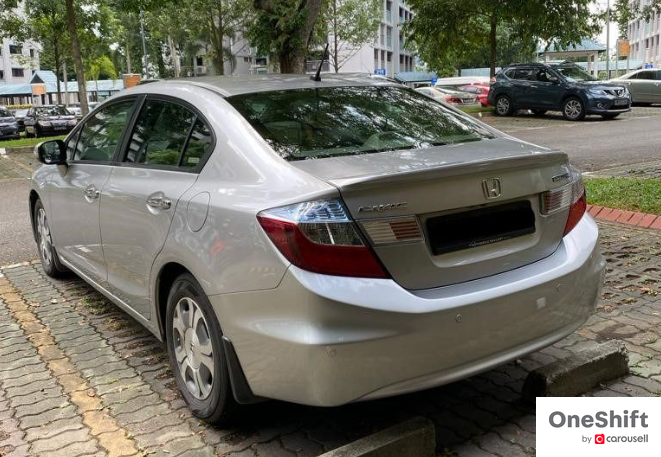
Which type of hybrid system is best for Singapore?
Well, it still depends on your lifestyle and driving habits. Mild hybrids are useful for an additional layer of refinement from the get-go. But if you can’t bear to part with the sensation of an engine revving, (Mazda 3’s mild hybrid option does well on this front), this is pretty much the only option to tick.
Full / self-charging hybrids are popular as they don’t require external charging, and yet deliver brilliant mileage per tank with most batteries large enough to propel the car in full EV mode in start-stop traffic. If we have to choose one, this is our pick of the bunch for Singapore roads.
Plug-in hybrids (PHEVs) demand a different driving habit - you’ll need to find an external charger to juice up the battery (sizes differ quite a bit from 10 to 30kWh, estimated), if not it’ll be akin to lugging dead weight if only the engine propels the car. Useful if owners have access to overnight charging - it can then primarily behave like an EV on your daily commute.
Which pre-owned full hybrid cars are good for Singapore roads?
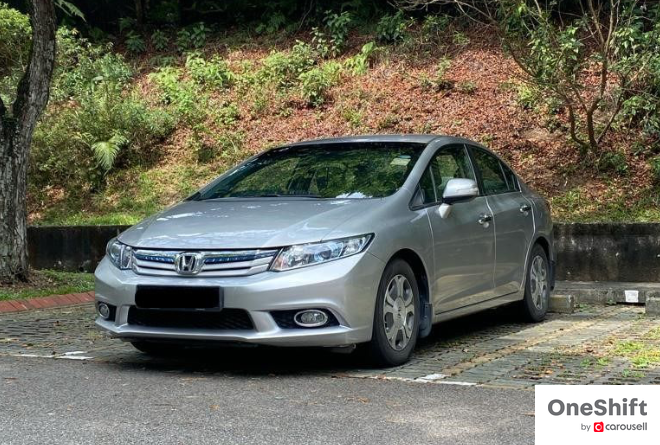
A hybrid-equipped 2013 Honda Civic isn’t what we call cutting edge tech, but with a 10 grand annual depreciation it’s one of the most affordable full hybrids on Carousell’s used car classifieds. It might be time for a hybrid battery change, but once that’s sorted you’ll be good for another COE cycle.
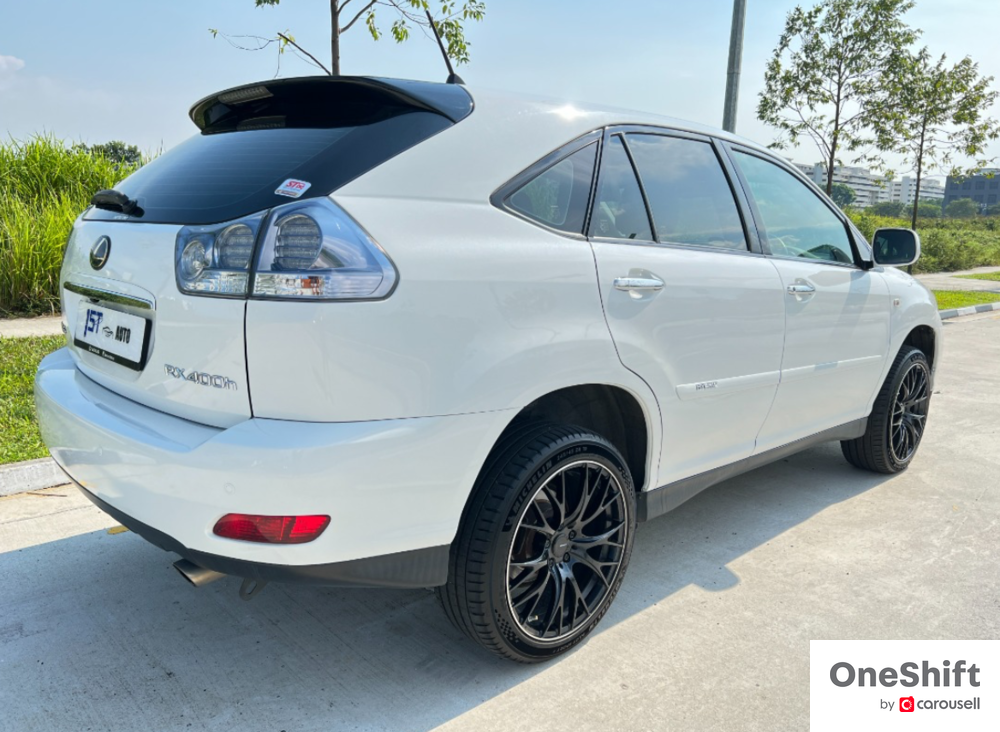
If luxury is what you’re after, this Lexus RX400h adds an additional layer of Toyota bulletproof reliability, without the hefty price tag of not more than 12 grand annual depreciation. Granted, it’s getting long in the tooth and showing signs of wear, but if there’s a brand that can withstand the test of time better than others, Toyota / Lexus needs to be on our top tier list. Or snag this similar era 2009 Lexus GS450h for a sliver more…
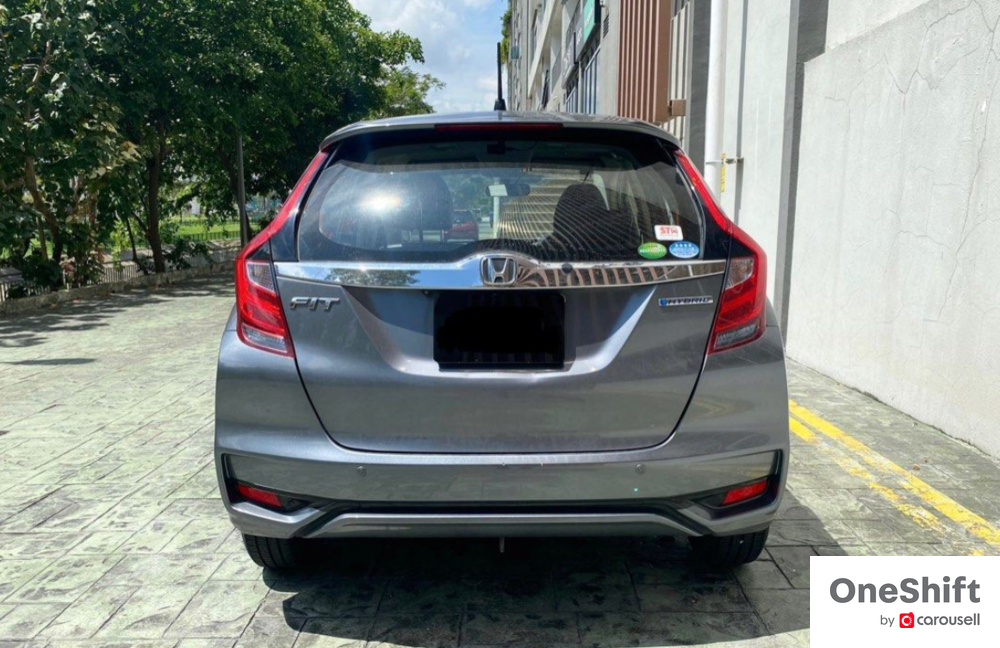
Hybrids in more compact form factors are relevant - they fit on city streets like hand in glove and the battery can be deployed in start-stop traffic. This is where the Toyota Corolla Axio Hybrid and Honda Fit Hybrid will shine. They cost more in terms of annual depreciation than those mentioned before, but you’ll be getting a much newer car, comfortably less than 5 years old.
---
Purchase your next car seamlessly with Carousell Certified.


Get the Best Price for your used car
from 500+ dealers in 24 hours

- Convenient and Hassle-Free
- Consumer Protection
Transparent Process
With No Obligation








